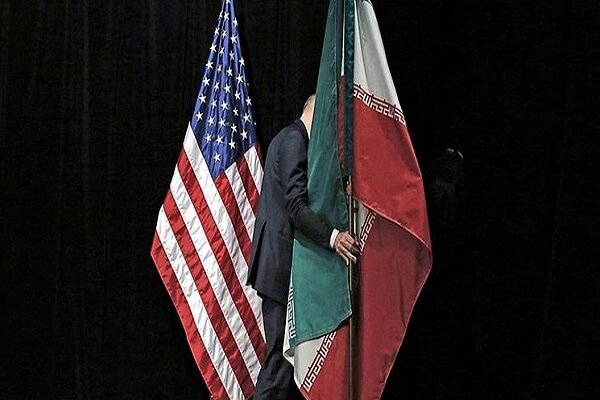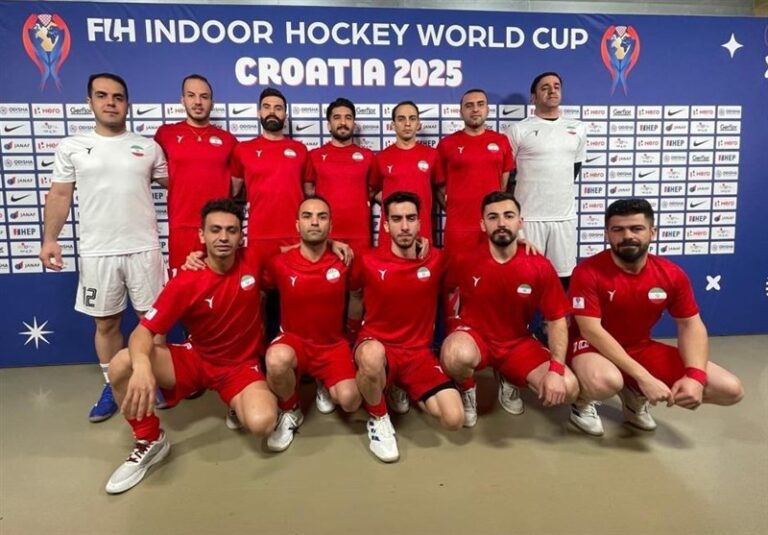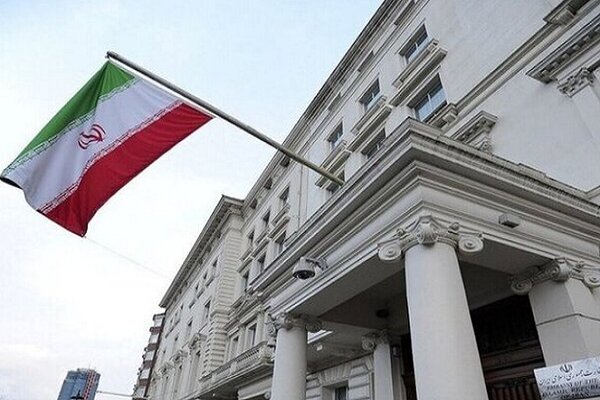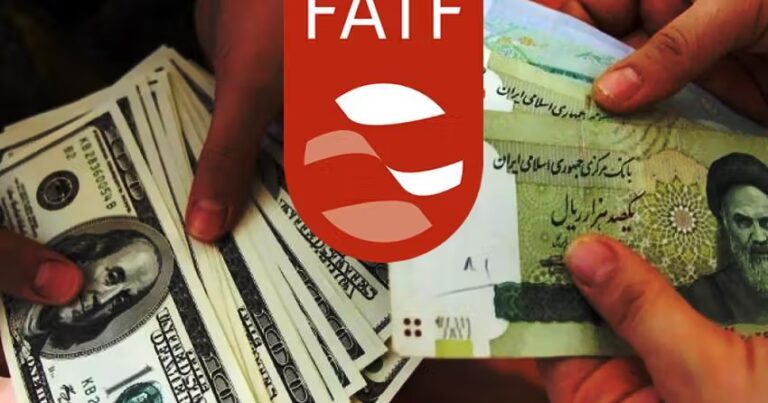IAEA Chief Condemns Iran Nuclear Deal as an ‘Empty Shell’: Urgent Calls for Action
The Joint Comprehensive Plan of Action (JCPOA) has recently come under scrutiny, with experts stating that it has become an ineffective agreement in light of current geopolitical circumstances. This assertion was made during a press conference in Tokyo, where the implications of the JCPOA’s obsolescence were discussed in detail.
At the conference, a prominent official remarked, “The JCPOA is an empty shell. I don’t think anybody thinks that the JCPOA can play a role at the moment. I think it used to be an agreement that was in operation for some time, but now, irrespective of what you may think about its merits or lack thereof, it is obvious that technologically speaking, it has been completely superseded. It is no longer fit for purpose.” This highlights the growing sentiment that the original intent of the JCPOA is no longer achievable.
One of the critical points raised during the press conference was the outdated nature of the agreement’s text. The official pointed out that it contains obsolete information, particularly regarding the types of centrifuges utilized by Iran. This discussion led to a meeting between the official and Iranian Foreign Minister Abbas Araghchi, where they acknowledged that despite the challenges, “the philosophy of the JCPOA,” which revolves around Iran’s “restraint of activities in exchange for incentives,” can still be relevant.
The JCPOA was initially signed in 2015 by Iran and the five permanent members of the UN Security Council, along with Germany. The agreement aimed to address the ongoing crisis surrounding Iran’s nuclear research and marked a significant step towards diplomatic resolution.
- The pact was intended to curb Iran’s nuclear capabilities.
- It marked the conclusion of a crisis that began in 2004.
- The agreement was a response to accusations against Iran regarding the development of nuclear weapons.
However, the situation took a dramatic turn in 2018 when then-President Donald Trump decided to withdraw from the deal. This decision reinstated all anti-Iranian sanctions that had been lifted under the terms of the JCPOA, leading to increased tensions in the region.
In reaction to Trump’s withdrawal, the Iranian parliament enacted a law in 2020 that aimed to counter the sanctions imposed by the U.S. This law included several measures, such as:
- Reducing compliance with obligations set forth in the nuclear deal.
- Halting IAEA inspections beyond the scope of the Nuclear Non-Proliferation Treaty.
- Banning stringent monitoring measures that were previously in place.
The repercussions of these developments have been significant, as they have altered the landscape of nuclear negotiations and diplomatic efforts. Countries involved in the JCPOA have expressed concerns regarding the lack of compliance and the evolving nature of Iran’s nuclear program.
Looking ahead, the future of the JCPOA remains uncertain. Experts suggest that for the agreement to regain its effectiveness, a comprehensive review and potential revision of its terms may be necessary. The international community continues to monitor the situation closely, as any changes could have profound implications for regional stability and global security.
In conclusion, the JCPOA, once viewed as a landmark agreement for nuclear non-proliferation, now faces significant challenges. As the geopolitical landscape shifts, it is clear that the JCPOA must adapt to remain relevant in addressing the concerns surrounding Iran’s nuclear ambitions.






